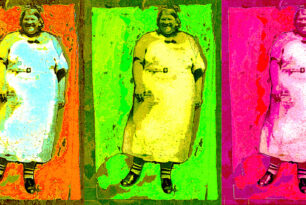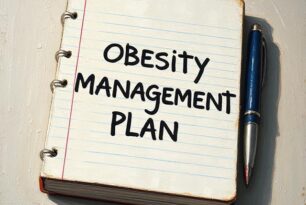Does cheese cause nightmares?
For years, popular culture has entertained the idea that eating cheese before bed might lead to bizarre or unsettling dreams. From cartoons like Dream of the Rarebit Fiend to internet folklore, cheese has often been blamed for nighttime horrors. Recently, this notion resurfaced in the headlines after a new study reignited the debate—suggesting there might be some scientific basis behind the age-old belief.
Peppermint tea boosts memory and attention—but why?
A new study published in Human Psychopharmacology: Clinical and Experimental adds to growing evidence that peppermint can improve memory and attention in healthy adults. The findings show that drinking a modest dose of peppermint tea improved several types of cognitive performance compared to a placebo. These benefits were accompanied by increased blood flow in the prefrontal cortex—the part of the brain responsible for functions such as attention and working memory.
Ketogenic diet raises brain blood flow by 22% and BDNF by 47%
A new study published in The Journal of Clinical Endocrinology & Metabolism found that a ketogenic diet significantly increased cerebral blood flow and the levels of a protein that supports brain health in cognitively healthy adults. The findings suggest that this dietary approach, often associated with weight loss and epilepsy treatment, may also enhance brain function in people without cognitive impairment.
New study links intermittent fasting to improved mood via brain’s dopamine system
Intermittent fasting may help alleviate depression symptoms by targeting dopamine receptors in the brain, according to a new study published in Neurobiology of Disease. Previous studies have suggested that fasting may influence the brain’s neurotransmitter systems, but the precise mechanisms have remained unclear. In this new research, scientists investigated whether intermittent fasting could reduce depression-like symptoms by acting on dopamine D1 receptors, which are known to play a key role in mood regulation.
Breakfast habits are associated with depressive symptoms
A study of young people in Hong Kong found that individuals with higher levels of depressive symptoms and those prone to impulsive reactions were slightly more likely to skip breakfast. Breakfast skipping was also associated with anxiety, but the strength of this association was negligible. The research was published in Frontiers in Psychiatry.




